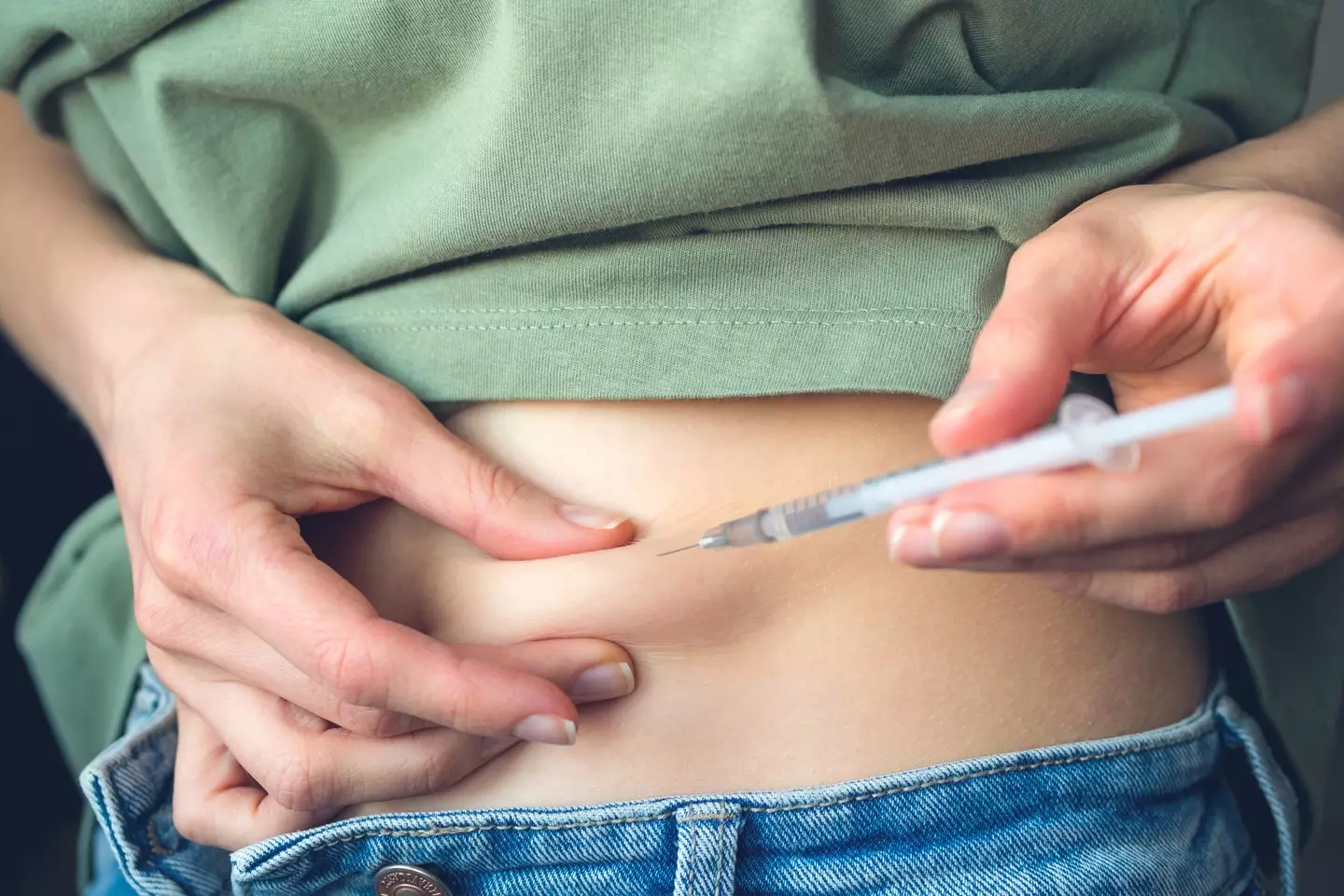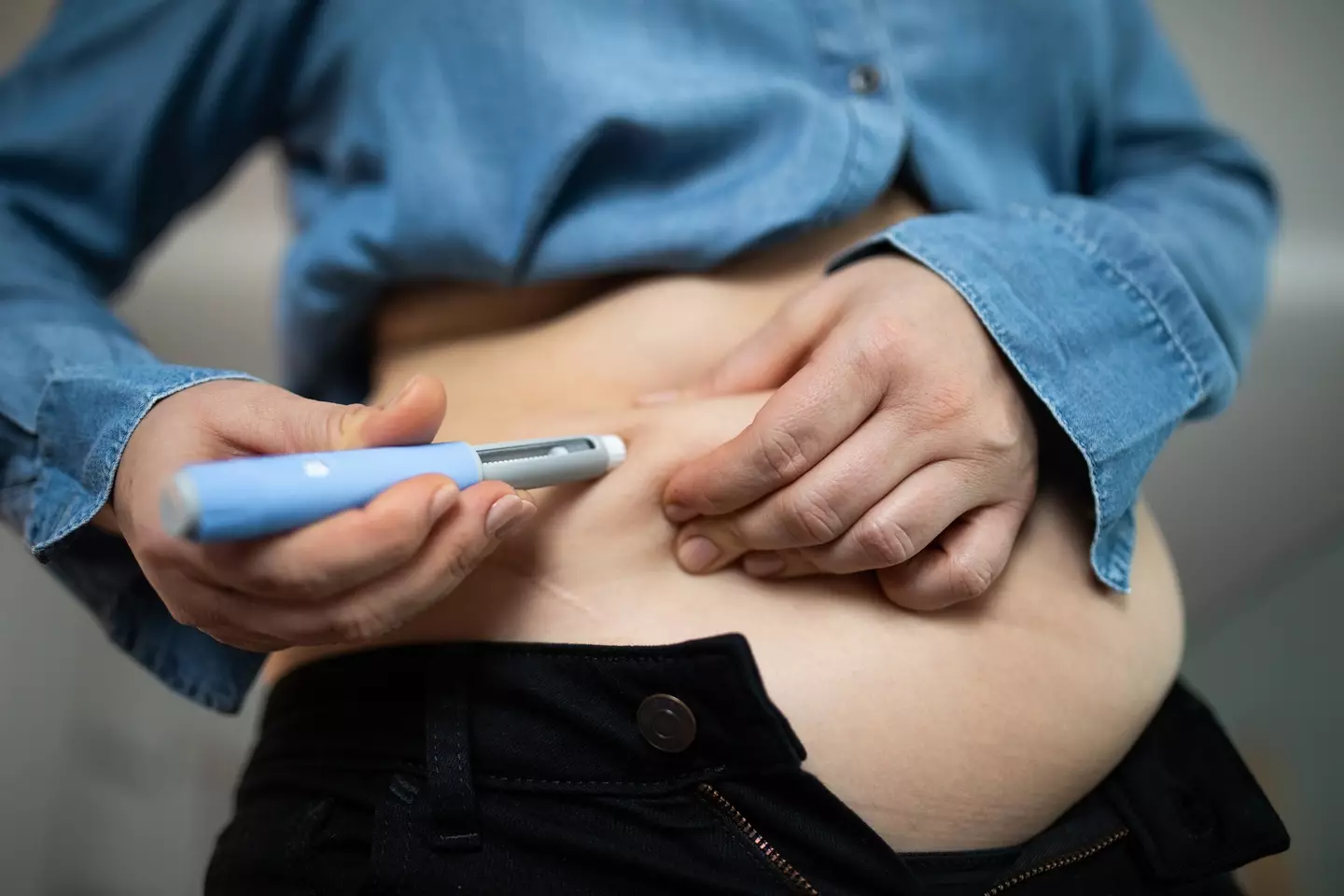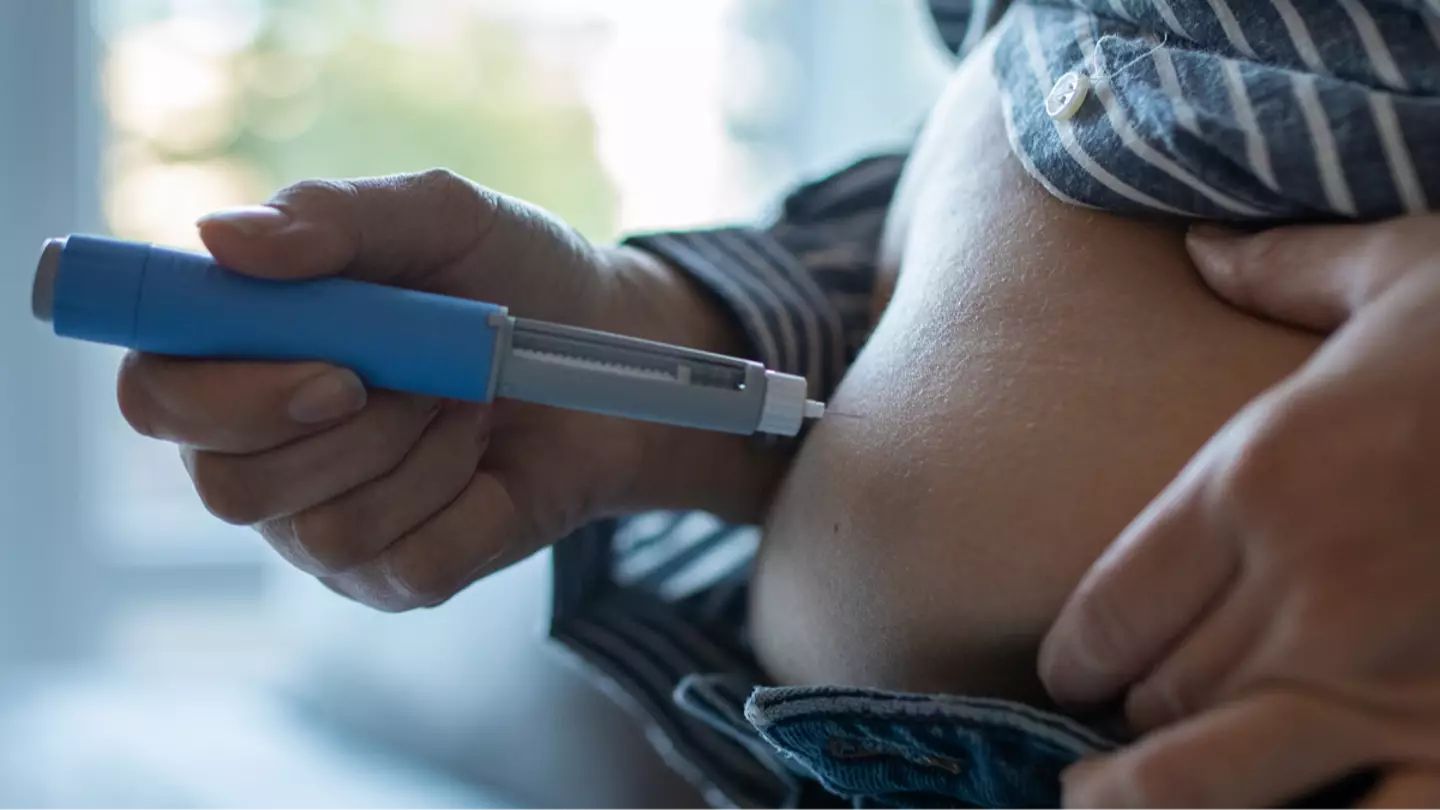Recent research has identified a specific group of individuals who are less likely to lose weight when using weight loss injections.
In the recent past, studies indicate that approximately 12 percent of the U.S. population have utilized weight loss injections to aid in slimming down.
GLP-1 agonists are a form of therapy that act by simulating the hormone GLP-1.
These treatments help regulate blood sugar and control hunger, making them a common choice for managing type 2 diabetes.
In recent years, GLP-1 has been made available as an injectable pen, typically administered weekly. While some individuals experience significant weight loss using these injections, others find it more challenging.
A recent study has shed light on why some individuals struggle more than others, showing that eating patterns may predict the effectiveness of GLP-1 medication.
“Pre-treatment assessment of eating behavior patterns may help predict who will benefit most,” commented Professor Daisuke Yabe of Kyoto University, who was the senior author of the study.

The research team monitored 92 individuals in Japan with type 2 diabetes, all of whom were prescribed a GLP-1 medication.
They gathered data on weight, body composition, diet, blood sugar levels, cholesterol, and closely examined their eating behaviors.
The study focused on three specific eating behaviors: external eating, which involves eating due to the appearance of food rather than hunger; emotional eating, triggered by stress or sadness; and restrained eating, which involves limiting food to reduce calorie intake.

The findings showed that after three months, the majority of participants decreased their eating in response to emotional and external triggers. However, by 12 months, the tendency for emotional eating had reverted to its initial level.
The study revealed that individuals who eat emotionally or restrict their food intake lost less weight than those who were ‘external eaters’.
“One possible explanation is that emotional eating is more strongly influenced by psychological factors, which may not be directly addressed by GLP-1 receptor agonist therapy,” explained Dr. Takehiro Kato of Gifu University, a second author of the study.

Meanwhile, Professor Yabe remarked: “GLP-1 receptor agonists are effective for individuals who experience weight gain or elevated blood glucose levels due to overeating triggered by external stimuli. However, their effectiveness is less expected in cases where emotional eating is the primary cause.
“… While our study suggests a potential association between external eating behavior and treatment response to GLP-1 receptor agonists, these findings remain preliminary.
“Further evidence is necessary before they can be implemented in clinical practice. Should future large-scale or randomized controlled trials validate this relationship, incorporating simple behavioral assessments could become a valuable component in optimizing treatment strategies.”

